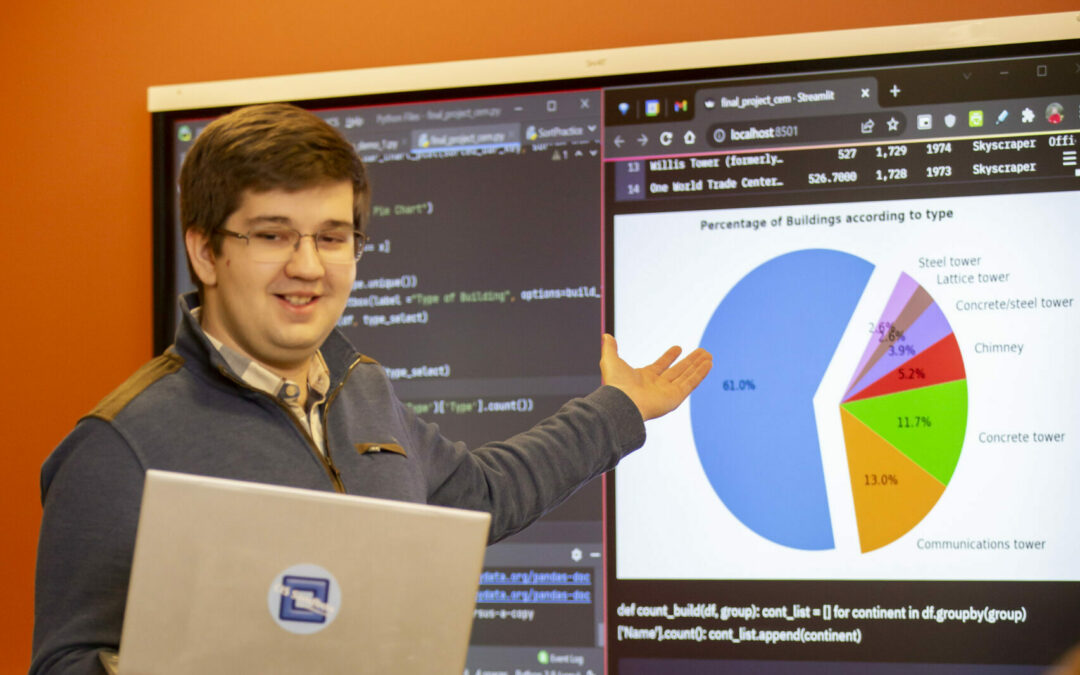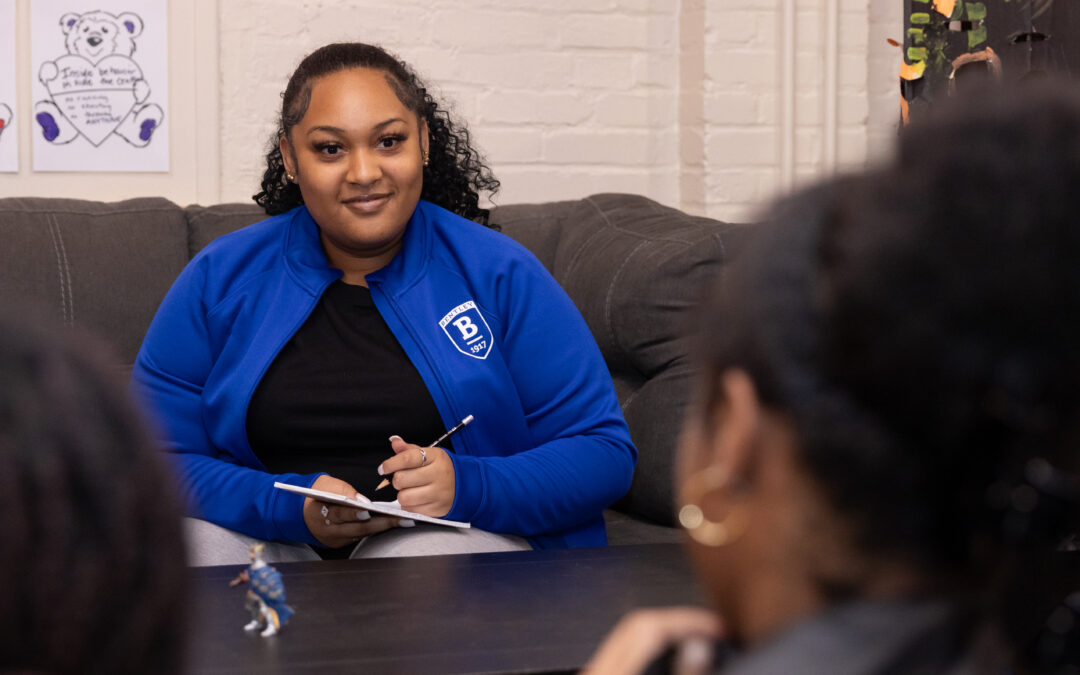Let’s get this out of the way up front: with midterms and finals, nothing can make up for lack of preparation. You can stream Mozart 24/7 in the week leading up to exams, and it won’t magically make you understand differential calculus.
But while there’s no substitute for going to class, doing assignments and studying, there are other things you can do to make test prep more effective. Here are seven techniques you can use to prepare for big tests while maintaining a clear head.
1. Take a Comedy Break
When it’s time for a study break, putting on an episode of your favorite sitcom or looking at a few funny clips on YouTube is good for you. Laughing can help your body release endorphins, breathe more deeply and relax. The Mayo Clinic says that laughter activates and relieves the stress response, regulating blood pressure and heart rate in a way that helps you shake off stress.
2. Remove Distractions When It’s Study Time
To study effectively, you want to minimize distractions. That may mean finding a quiet spot in the library or some other place you can read and review without interruption. It’s best if you log out of social media, turn off your phone and let everyone (including Mom!) know you’ll be unavailable for a little while. If you can’t get away from noise, at least buy some foam earplugs.
3. Move Your Body Periodically
Maybe you spent your last study break watching an episode of “South Park.” Spend your next one taking a walk or a short run. Exercise is a fantastic stress reliever and mood booster. And getting mentally and physically away from your study materials can actually help you solidify your learning. If the weather is nice, a half an hour brisk walk can boost energy and get you physically and mentally prepared for your next round of test prep.
4. Resist the Temptation to Avoid Sleep
Students preparing for exams have always had late nights. But the deprioritizing sleep with an all-nighter is not good for effective test prep. Sleep deprivation limits short-term memory and shortens your attention span — two things you’ll rely upon when taking a test. What’s more, sleep helps develop new connections between brain cells, and researchers believe this happens when memories from your day are “replayed” during sleep.
5. Review Your Work at the End of a Study Session

A quick review at the end of a study session solidifies what you’ve learned.
You’ve worked the problems, answered the questions in the example tests and read all the material. Take a few more minutes to go over what you’ve done, to really lock it in. Sometimes going back over work lets you discover careless mistakes, which you can fix and know to watch out for on the real exam. Being able to review and sum up what you have learned is the frosting on the test prep cake.
6. Know Your Exam Strategy for Each Midterm
Even if you’ve never taken a midterm or final, you can still map out a strategy. If you know what types of questions you’ll face, you can develop tactics (like skipping multiple-choice questions you don’t know the answer to so you can answer all the ones you do know). Your instructor may tell you to read the whole exam first, and this is wise in any case because it gives your brain a taste of what knowledge you’ll need to demonstrate and help you have your work cut out for you.
7. Know Your Caffeine Tolerance
Don’t drastically change your caffeine intake in the week before or week of exams. If you drink twice as much coffee as usual, you could end up a jittery, distracted mess. On the other hand if you choose that week to drastically cut back on caffeine, your head may feel like it’s imploding, and that’s not a great condition in which to face a test. A little extra caffeine may be OK if you’re staying up late, but in general you should keep it consistent with what you’re used to.
You Can Do This!
Every student has the occasional moment of panic during test prep, but if you make a concerted effort, block distractions, take regular breaks and approach midterms and finals with a strategy, you can succeed.
And don’t worry. Vacation will be here before you know it!




